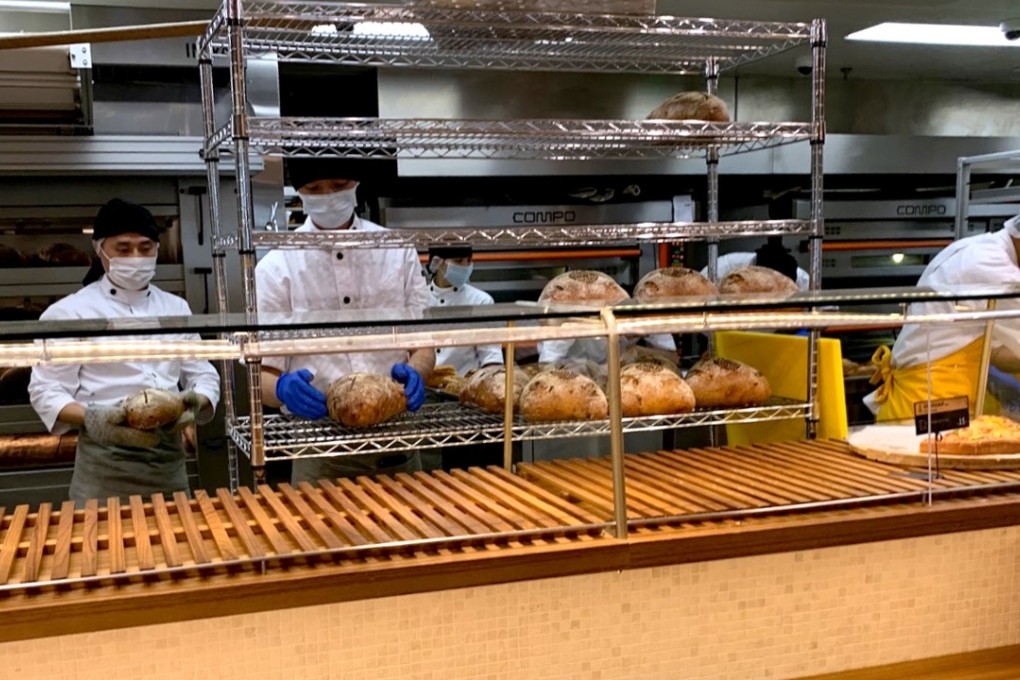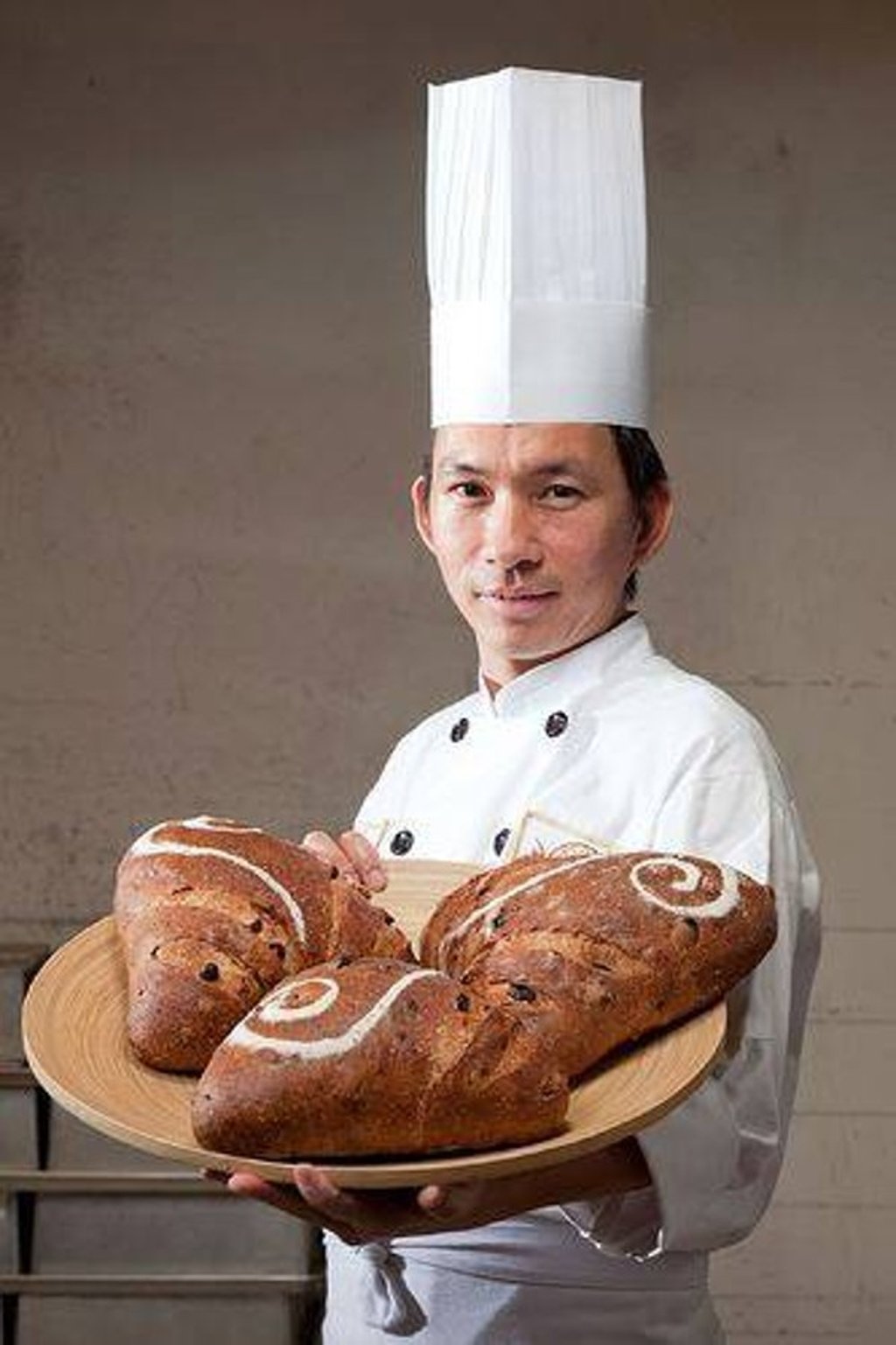Taiwan baker Wu Pao Chun who is at centre of cross-strait storm just wants to ‘make friends through bread’
- Shanghai shop opening marred by mainland anger at previous remarks
- Attempts to calm the situation spark fury on the self-ruled island

An internationally acclaimed baker from Taiwan has found himself at the centre of a cross-strait row as the opening of his first shop on the mainland sparked accusations that he was an advocate for independence for the self-ruled island.
Wu Pao Chun, who was awarded the title of Master Baker in the bread category of the 2010 Masters of Boulangerie competition in Paris, had previously expressed indifference about the mainland market, in remarks which re-emerged with the establishment of his new shop in Shanghai, due to open officially next Tuesday.
The mainland bakery, which has been on a trial run since Friday, has met with negative reviews and online calls for a boycott, but Wu’s efforts to defuse the situation have led to complaints in Taiwan.
Wu, who owns four shops in Taiwan, took to Facebook and Weibo – China’s Twitter-like social media service – on Monday to say that he was from “Chinese Taiwan” and supported the 1992 Consensus, the understanding reached between representatives of Beijing and Taipei in 1992 that Taiwan and the mainland belong to a single sovereign nation.

Today he fronted the media in Taiwan to try and cool pro-independency advocates there who were upset by his statement.